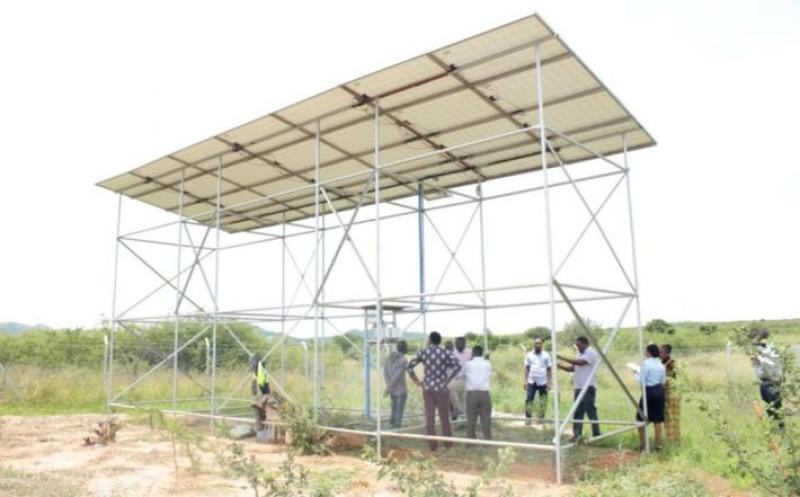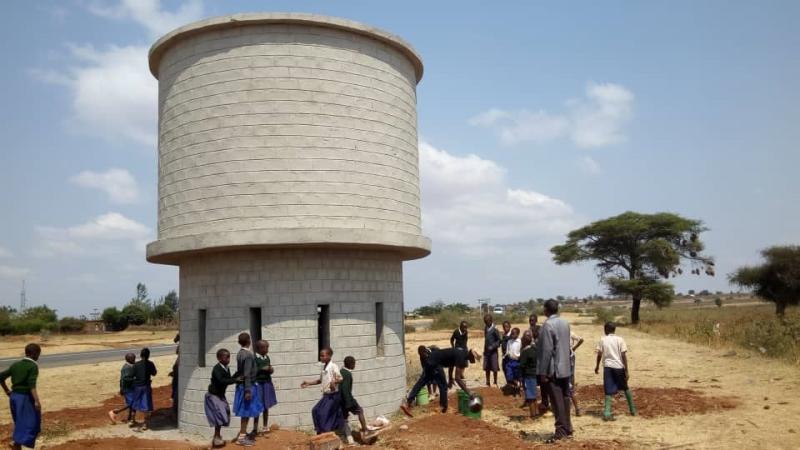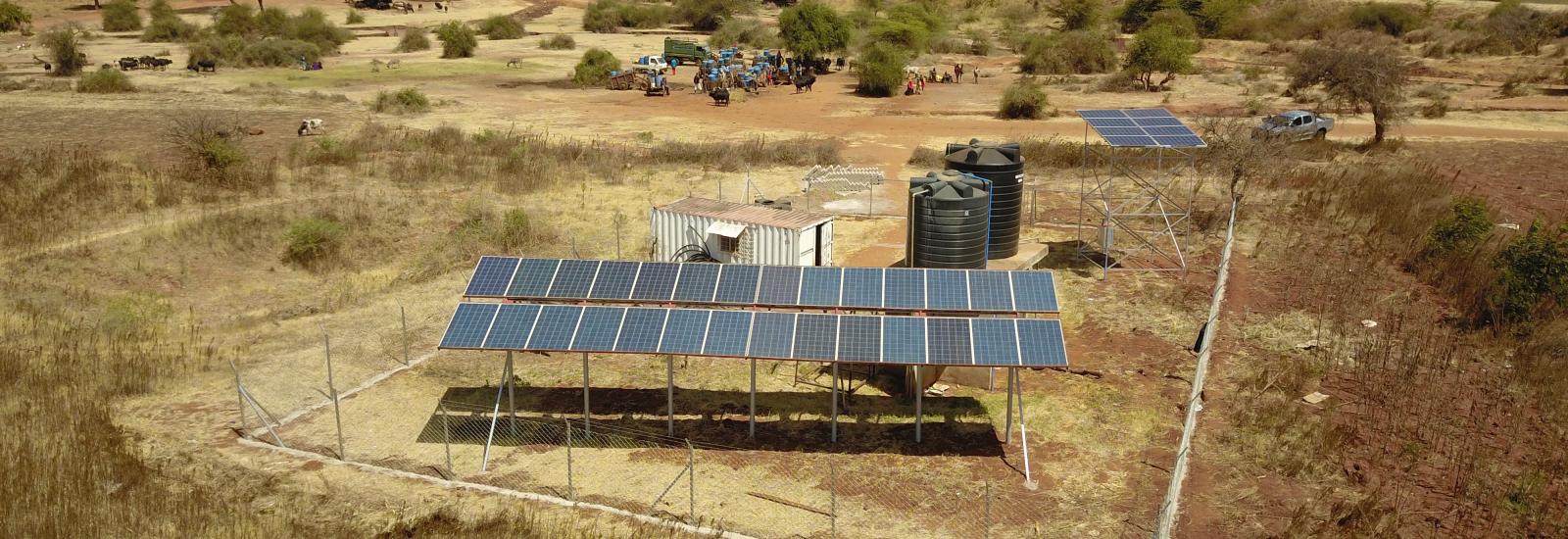Increasing self-reliance of rural villages by enabling better access to a sustainable and safe water supply
The Situation
In rural parts of the United Republic of Tanzania, only 45% of the population has access to at least basic water services, with more than 21 million people relying on unsafe water sources.
There are an estimated 46,000 failed rural water points, with 20 percent not functional within one year of construction. Reasons for these failures are many and include lack of community buy-in, low community management capacity, and insufficient finances for maintenance and repairs.
In addition, available water sources are often located far from where they’re needed, like homes, schools, and health clinics. Due to a lack of hygiene facilities, girls are frequently pulled from school once they reach puberty.
Often, children need to carry their own daily drinking water to school and patients needing healthcare – including women in labor – are required to bring water for hygiene and medical use to their clinic.

Our Work
The Water and Development Alliance Entrepreneurship for Resilient Village Water Systems in Tanzania Project (WADA TZ) installed or improved access to safe water supplies in 13 rural villages of central Tanzania, impacting more than 25,000 people.
Work began in 2018 with installation of new boreholes and pipeline distribution networks, which carried water from the wellhead to strategically located taps throughout each village. Crucially, dedicated water access points were also installed at schools and health clinics.

With water access delivered where it is needed in the community, project impacts are magnified, enabling villages to achieve their development and wellness goals.
By the end of the project in 2021, there was a significant improvement in the time it takes people to fetch water, and improved water supply at schools increased the ability of administrators to carry out other construction projects.
For example, in the village of Mdilu, water was piped to the Mwasauya Secondary School, where officials also were able to leverage other resources to build an eight-stall toilet and sanitation and hygiene area to serve the teenage male and female students.
Before the project, each student had to carry a jerry can from home with them to occasionally fetch water nearly three kilometers away during class hours. As a result, the headmaster said this encouraged unwanted behaviors and practices like truancy, dropouts, poor performance, and poor sanitation and hygiene.

This 50 m3 rehabilitated storage tank at Sagara provides water to a village school
In addition to the new infrastructure, the WADA team provided training in water systems management and maintenance to 143 people who support the operations of the water systems, including technical staff, village leadership, and local government engineers.
An Operations Manual was created to provide a training guide and ongoing technical reference for water operators, increasing the likelihood of long-term water system sustainability.
WADA Tanzania was implemented by a consortium of partners led by The Ohio State University’s GWI and managed by WorldServe International Tanzania.
Together, WorldServe International and Waterboys, an American charity founded by NFL athlete Chris Long, contributed $1 million in co-financing to match the $1 million investment by the Coca-Cola Foundation and the United States Agency for International Development.

